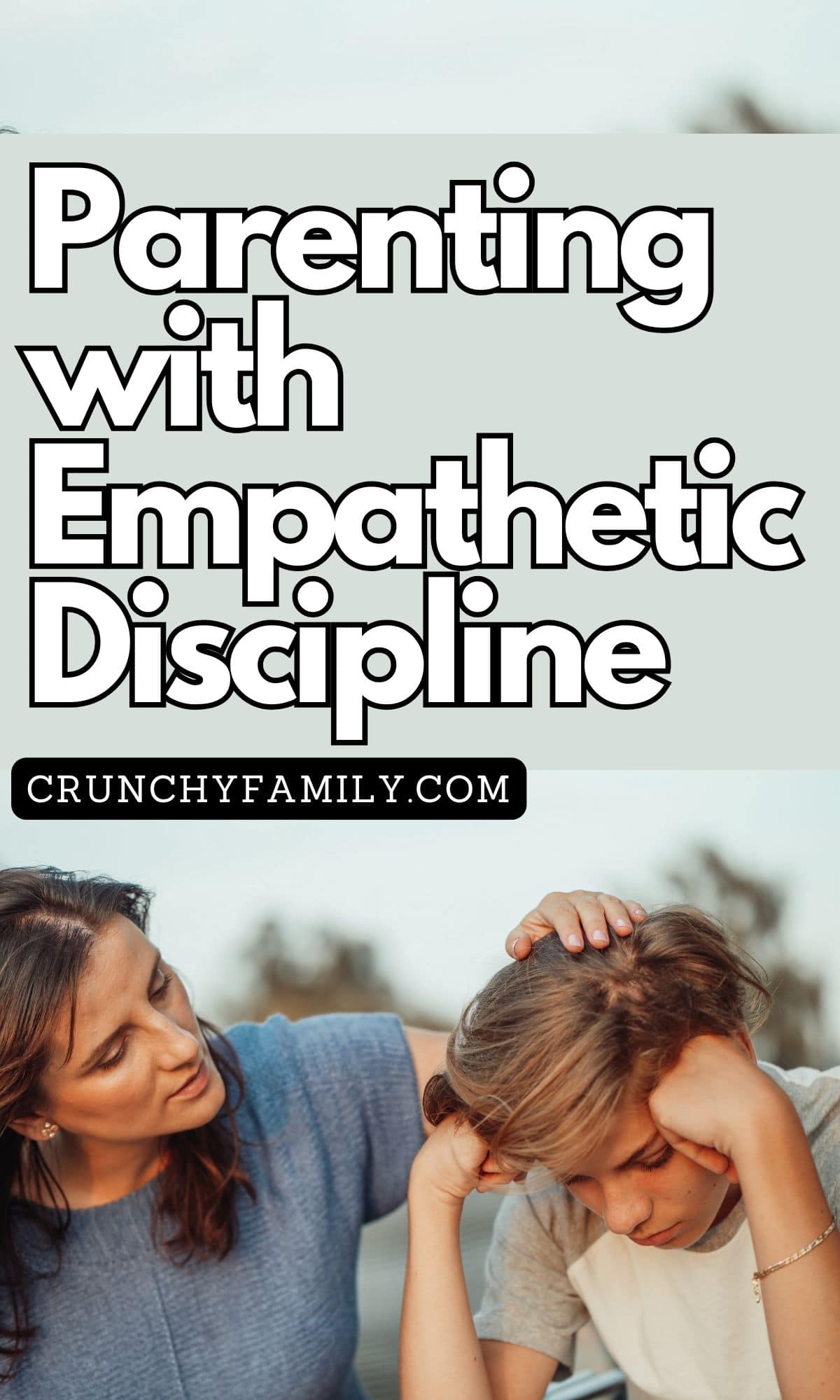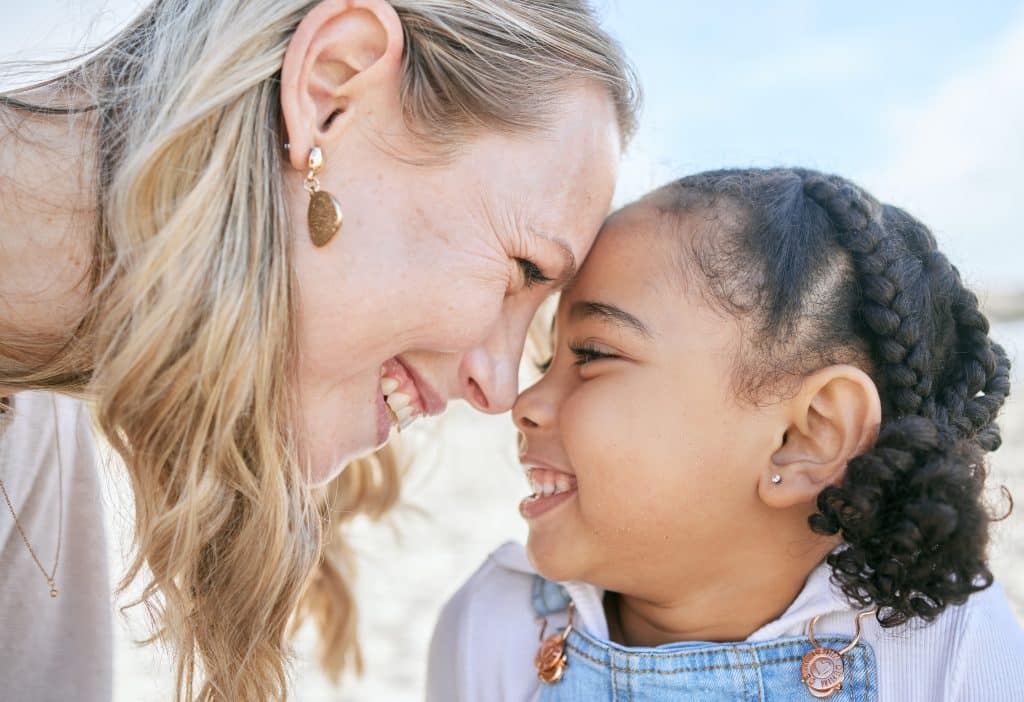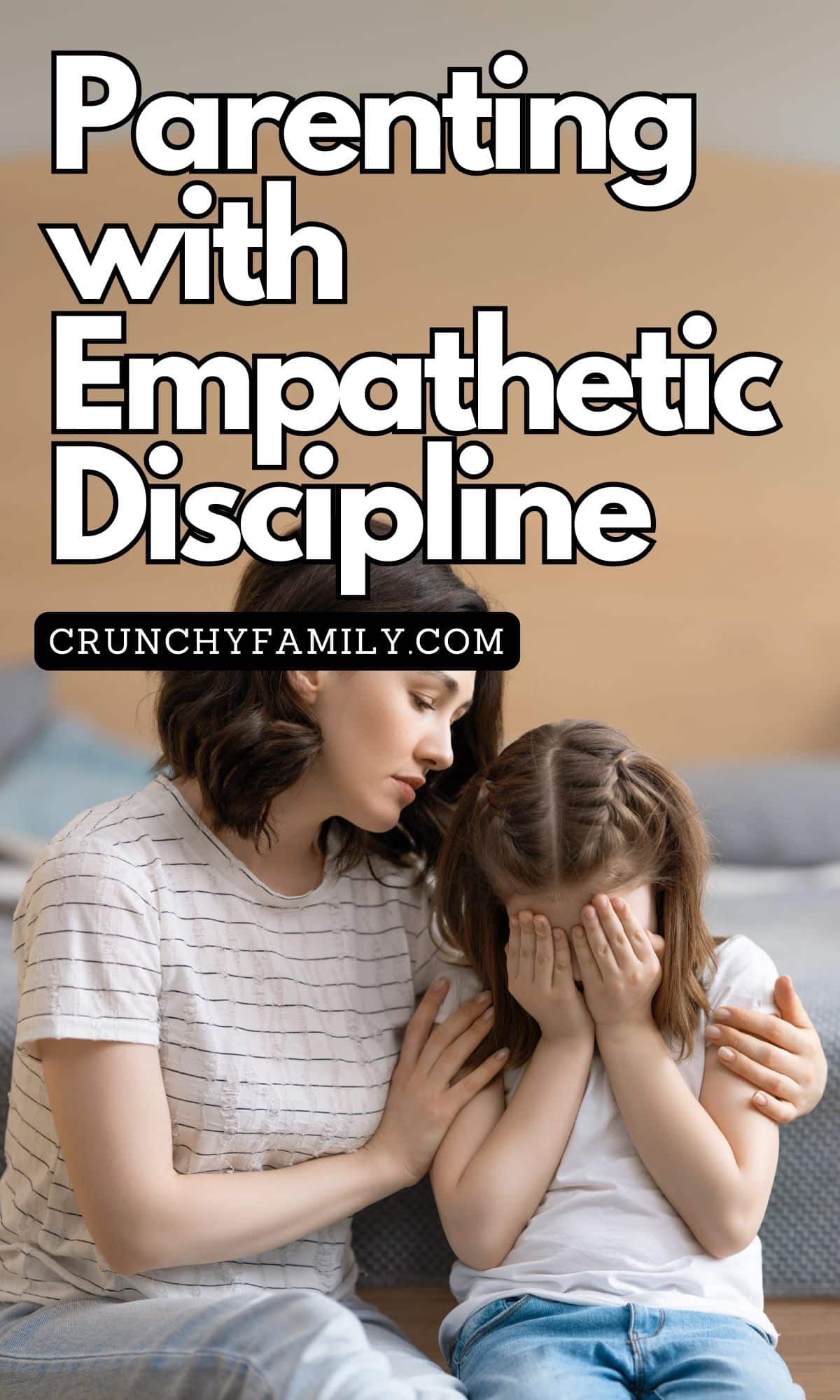Discipline often carries a negative connotation, conjuring images of punishment and control. However, true discipline is about teaching, guiding, and nurturing a child’s growth with empathy and understanding.
Empathetic discipline is an approach that prioritizes connection over correction, ensuring that children feel heard and valued even when they make mistakes. When discipline is rooted in empathy, children learn to regulate their emotions, build self-discipline, and develop a deep sense of trust in their caregivers.

Understanding the Child
Every child is unique, and understanding their developmental stage is key to effective discipline. Young children are still learning impulse control, while older children may be navigating independence.
Recognizing individual differences means acknowledging that one approach won’t work for every child. Some children are more sensitive, while others need clearer boundaries. Emotional needs must also be considered – children act out when they feel unheard, overwhelmed, or disconnected.
By tuning into their emotions, caregivers can respond in ways that strengthen the parent-child bond rather than create conflict.
Cultivating Empathy in Discipline
To practice empathetic discipline, caregivers must become skilled at empathetic listening, listening to a child’s words, tone, and body language without immediately jumping to correction.
Putting yourself in the child’s shoes helps to understand why they may be acting a certain way. Maybe they had a tough day, feel overstimulated, or are struggling with a big feeling they can’t yet express.
Validating their emotions even when their behavior isn’t appropriate, helps them feel safe and supported while still learning about limits.

4 Discipline Techniques with Empathy
Empathetic discipline doesn’t mean there are no rules.It means guiding behavior in a way that fosters learning rather than fear.
Positive Reinforcement
Positive reinforcement focuses on praising what a child does well rather than just pointing out mistakes. Encouraging kindness, effort, and responsibility builds motivation from within.
Redirecting Behaviour
Redirecting behavior helps shift a child’s focus to a more appropriate activity instead of simply saying “no.” A child who is throwing toys might be guided toward a soft ball they can throw safely.
Setting Boundaries and Clear Expectations
Setting clear boundaries and expectations provides children with a sense of security. They need to know what is expected of them and what will happen if they don’t follow through.
Consistent Consequences
Consistent consequences help children understand the connection between their actions and outcomes. When discipline is inconsistent, children may develop insecure attachment, leading to anxiety or defiance. Attachment theory suggests that children need predictable responses from caregivers to feel safe. If discipline varies unpredictably, from being overly strict one day and ignoring misbehavior the next, children struggle to understand limits and may either become overly fearful or resistant to rules.
Communication Strategies
The way we communicate discipline matters just as much as the discipline itself. Using empathetic language means avoiding shaming phrases like “What’s wrong with you?” and instead saying, “I see you’re upset. Let’s talk about it.”
Encouraging open dialogue allows children to express their thoughts and feelings, rather than shutting them down.
Explaining the reasons behind rules helps children understand discipline as guidance rather than control. Instead of saying, “Because I said so,” try, “We hold hands in the parking lot to keep you safe.”

Addressing Challenging Situations
Empathetic discipline is especially important in tough moments.
- Tantrums and emotional outbursts often stem from overwhelm. Instead of punishing a child for crying, helping them calm down and identify their emotions teaches emotional regulation.
- Aggressive behavior should be met with clear boundaries – hitting isn’t acceptable, but the underlying frustration should be acknowledged and addressed.
- Noncompliance and defiance can be frustrating, but power struggles often escalate when children feel unheard. Giving choices and involving them in problem-solving fosters cooperation rather than resistance.
Modeling Empathy
Children learn empathy by experiencing it. Leading by example means showing patience, kindness, and emotional regulation in everyday interactions.
Teaching empathy through actions can be as simple as apologizing when you make a mistake or showing compassion to others. Creating a supportive environment where mistakes are seen as learning opportunities rather than failures builds a child’s confidence in their ability to grow and improve.
Self-Reflection and Growth
Parenting is a journey, and no one gets it right 100% of the time. Practicing self-compassion is essential because mistakes happen, and every day is an opportunity to do better.
Learning from mistakes means reflecting on what worked and what didn’t, making adjustments along the way. Continuously improving as a parent or caregiver ensures that discipline remains rooted in empathy rather than frustration.
Empathetic discipline is about guiding rather than punishing, teaching rather than controlling. By understanding a child’s needs, using empathy in communication, and setting consistent, loving boundaries, caregivers create a strong foundation for emotional growth.
This approach develops trust, emotional intelligence, and a sense of security, helping children become compassionate, confident individuals.
As you navigate discipline, remember that each moment is an opportunity to build connection rather than create distance. The more empathy we show, the more we teach our children to show it in return.
More Parenting
Looking for more tips on gentle, effective parenting? Explore these articles for more insights on raising happy, resilient kids.
- 6 Gentle Parenting Alternatives to Time Out
- Common Gentle Parenting Myths
- What Is The Balanced Parenting Approach?
- How to Teach Kids Gratitude (Without Losing Your Patience)
- Natural Ways to Reduce Anxiety In Children
- Top 10 Best Natural Remedies to Calm a Hyper Child
If you found this post helpful, please share it! Your support helps other parents discover positive, empathetic ways to guide their children.
